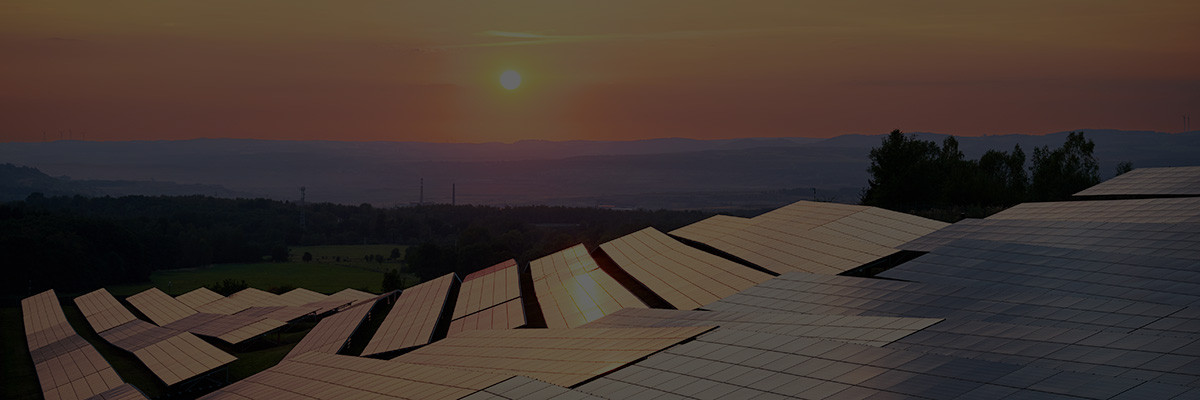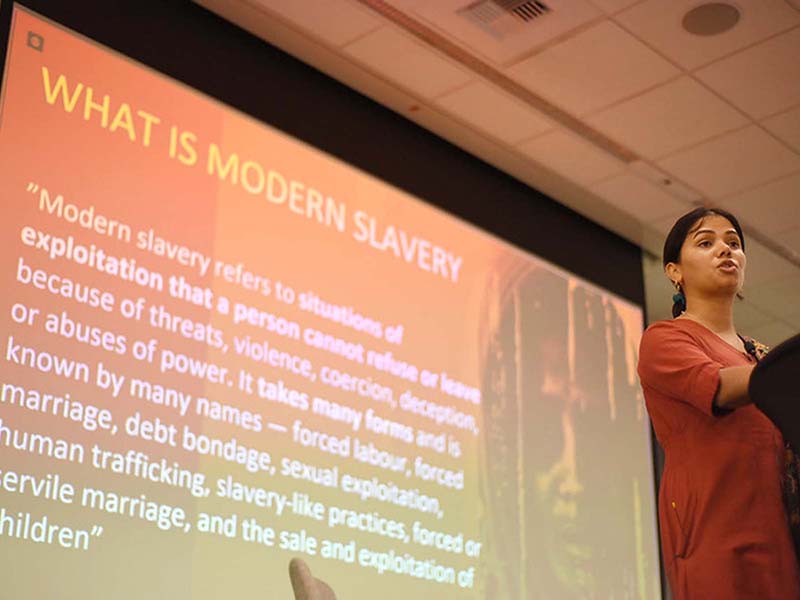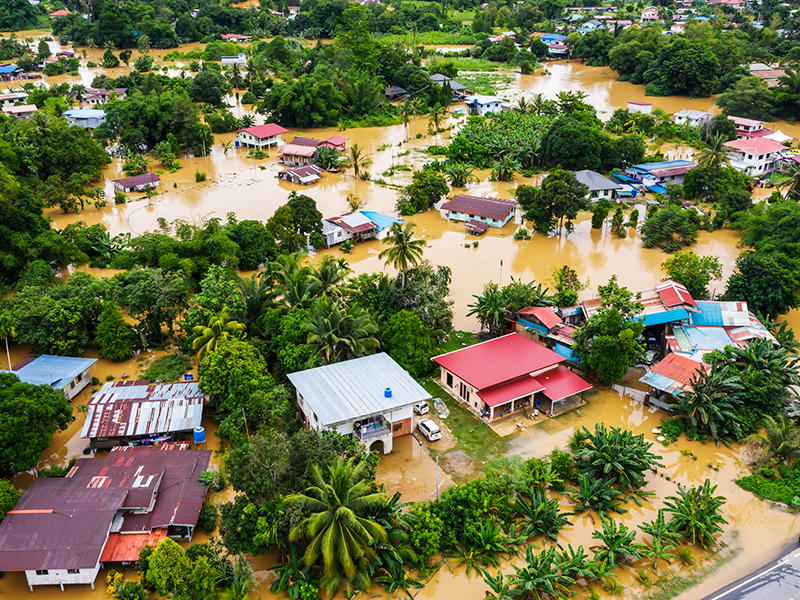
Authors
-

Global Lead, Human Trafficking and Forced Labor, Collaborations and Partnerships, BSR
-

Manager, Human Rights and Inclusive Business, BSR
The Biden administration recently announced a bold plan that would boost US clean energy production by authorizing the Defense Production Act (DPA) to reduce energy costs, strengthen the power grid, and create well-paid jobs. The Administration’s action is a welcomed move to spur the clean energy transition, which enables the continued import of solar components that are required to construct clean energy projects on a domestic scale.
The rise in manufacturing renewable energy technologies, however, may impact workers, including through forced labor, abuses of Indigenous rights, “and the denial of workers’ rights to decent work and a living wage,” all of which cause immeasurable harms and can risk the clean energy transition. While we can celebrate increased clean energy production in the US, policymakers and business have an opportunity to take meaningful action to reimagine a world where clean energy isn’t soiled by human rights abuses.
The DPA would insulate solar importers from potential penalties raised by a recent US Department of Commerce investigation of solar cell anti-dumping circumvention. Originally from a petition filed by a US solar panel manufacturer, the investigation examines claims that solar cells imported into the US were manufactured in Cambodia, Malaysia, Thailand, and Vietnam, using Chinese parts that would otherwise be subject to tariffs.
The new plan would then allow for “a 24-month bridge as domestic manufacturing rapidly scales up to ensure the reliable supply of components that US solar deployers need to construct clean energy projects.” Federal procurement would also support internal US production through a system that would help domestic clean electricity providers sell their products to the US government.
The rights and well-being of people around the world depend on accelerating the energy transition—and we applaud the decision to allow imports of solar products while the alleged tariff circumvention investigation continues. However, that transition shouldn’t come at the expense of the rights of workers and communities impacted by the mining and manufacturing of solar panels.
Concerns around forced labor in China’s Xinjiang region, combined with the fact that around 45 percent of polysilicon—essential in photovoltaic cells—reportedly comes from Xinjiang, in part drove the development of the Uyghur Forced Labor Prevention Act (UFLPA) that came into force on June 21. An estimated 15-30 percent of global cobalt supply, critical to storing solar energy, is mined in the Democratic Republic of Congo, in conditions considered to foster child labor and the exploitation of local miners.
Both the US government and the business community have an opportunity to reconcile long- and short-term plans for heightened production with respect for human rights. It’s possible, though seemingly unlikely, that the bans on solar components from Xinjiang under the UFLPA could herald a more permanent shift in sourcing for US solar cells. Alternative locations outside Xinjiang, and China more broadly, will almost certainly not have the capacity to immediately increase production commensurate with a US solar industry backed by DPA authorization. The US government and US solar companies will need to proceed with this in mind.
First, addressing the broader nexus between environmental protection and modern slavery risks will require the Biden administration to deliver on its promises of encouraging “the use of strong labor standards…that empower the clean energy transition in low-income communities.” Although the statement calling for project labor agreements and community benefits agreements may be directed domestically, these elements should also be included in manufacturing contracts regardless of geography.
Companies will be expected to enhance their modern slavery policies and map of business activities and relationships with suppliers. Heightened due diligence across value chains is essential to prevent and mitigate the risk of forced labor in sourced components, especially in high-risk geographies. Notably, the UFLPA requires this additional due diligence from companies sourcing products from Xinjiang and China; such practices should also be put in place for Cambodia, Malaysia, Thailand, and Vietnam.
Businesses can also actively engage with human rights and labor organizations to ensure that policies and strategies to address forced labor risks reflect current realities in sourcing countries and keep abreast with modern slavery risks in the solar value chain.
Finally, if the goal is to achieve a slave-free, clean energy transition, then meaningful multi-stakeholder cooperation between business, governments, labor experts and environmental justice groups is essential. The Administration’s commitment to “convene relevant industry, labor, environmental justice, and other key stakeholders” is a good first step, and businesses should follow suit and conduct their own dialogues.
Taking action on climate change, the just transition, and modern slavery requires more than ticking a box. Compliance with the UN Guiding Principles, the UFLPA, and a host of environmental standards is the floor for corporate behavior, not the ceiling. It might be difficult to balance environmental and social obligations with governmental and corporate needs, but that is the cost of doing business.
BSR’s latest sustainability insights and events straight to your inbox.
Topics
Let’s talk about how BSR can help you to transform your business and achieve your sustainability goals.







